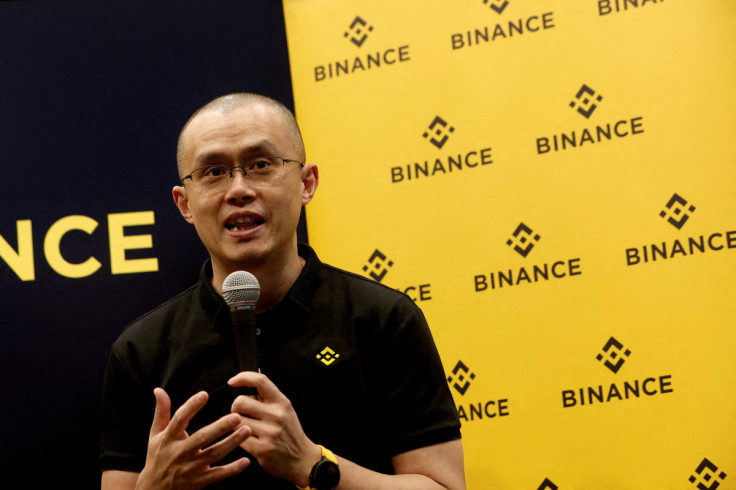
KEY POINTS
- Binance and Zhao entered into a settlement agreement with the U.S. DOJ and other regulators last month
- The SEC used Binance and CZ's plea deals to push its case against both
- Binannce, in a latest court filing, argued that the SEC's notice was "procedurally improper and impermissible"
Binance and its former CEO, Changpeng Zhao, have requested the court to dismiss the U.S. Securities and Exchange Commission's (SEC) Notice of Supplemental Authority, calling it "procedurally improper."
Last week, the SEC asked the court to take judicial note of the newly unsealed documents of Binance and Zhao, including their plea deals with other agencies and regulators. The agency's request suggests that it wants the judge to declare the fact presented as evidence as true without a formal presentation.
The commission argued that Zhao and Binance's settlement agreements underscored why its case against them should move forward.
However, in the court filing by Binance Holdings Limited (BHL) and Zhao, submitted in response to SEC's Notice of Supplemental Authority, it argued the notice was not only "procedurally improper and impermissible," but also failed "to demonstrate the relevance of the resolutions with the Department of Justice and FinCEN to any of the SEC's defective claims against BHL and Mr. Zhao."
The filing also underlined that what the agency recently submitted to the court was "an impermissible supplemental brief that identifies no new 'authority' and instead attempts to introduce new factual information and arguments," adding, "This alone is reason to disregard it."
Moreover, Binance said the SEC's latest notice to the court does not support the agency's claims. It added the use of Binance and Zhao's plea agreements on the crypto business and Zhao's fair-notice argument was "deeply misguided."
Further, Binance said, "The SEC's attempt to conflate different statutory schemes by calling them all 'U.S. law,' id., is unavailing. Indeed, the history of regulation by other agencies only underscores the lack of notice of any relevant regulatory authority on the part of the SEC, and the SEC's effort to benefit from other agencies' resolutions under a different statutory regime is another example of its refusal to accept Congress's decision to assign authority over the kinds of assets at issue here to other agencies."
Binance, in its plea deal, admitted it "intentionally sought and served millions of customers located in the United States" and "intentionally maintained substantial connections to the United States, from which it generated, among other things, web traffic, user base, transaction volume, and profit."
Binance, the world's largest CEX by trading volume, entered into a settlement deal with the Department of Justice, Treasury Department and Commodity Futures Trading Commission last month, and agreed to pay a whopping $4.3 billion in fines, bringing an end to their years-long investigation into the exchange.







